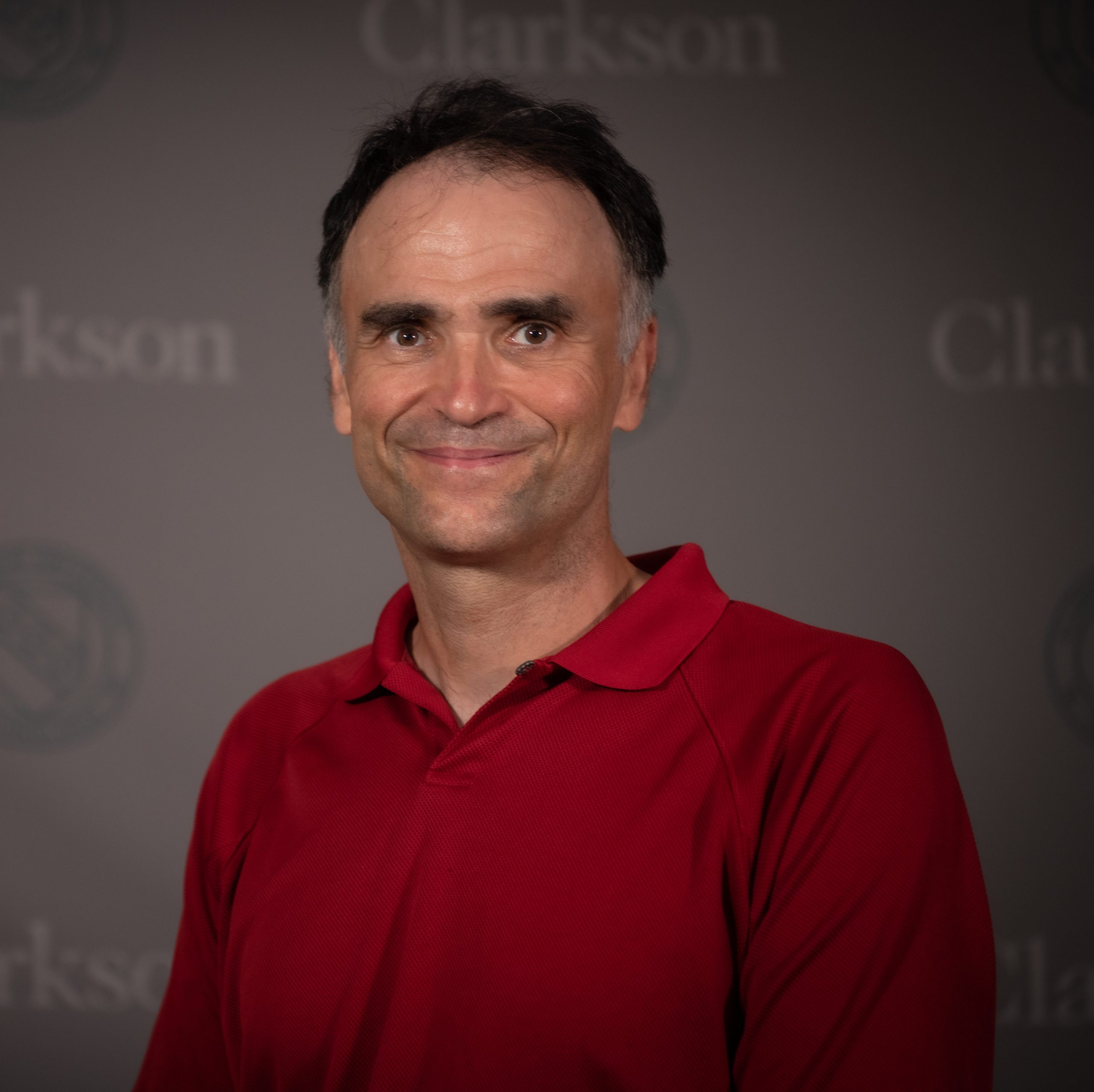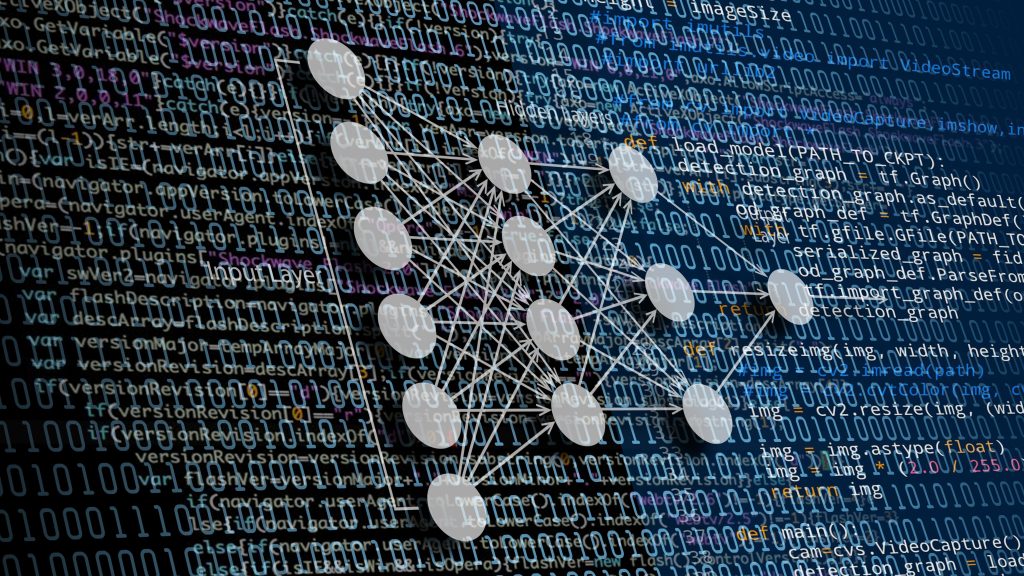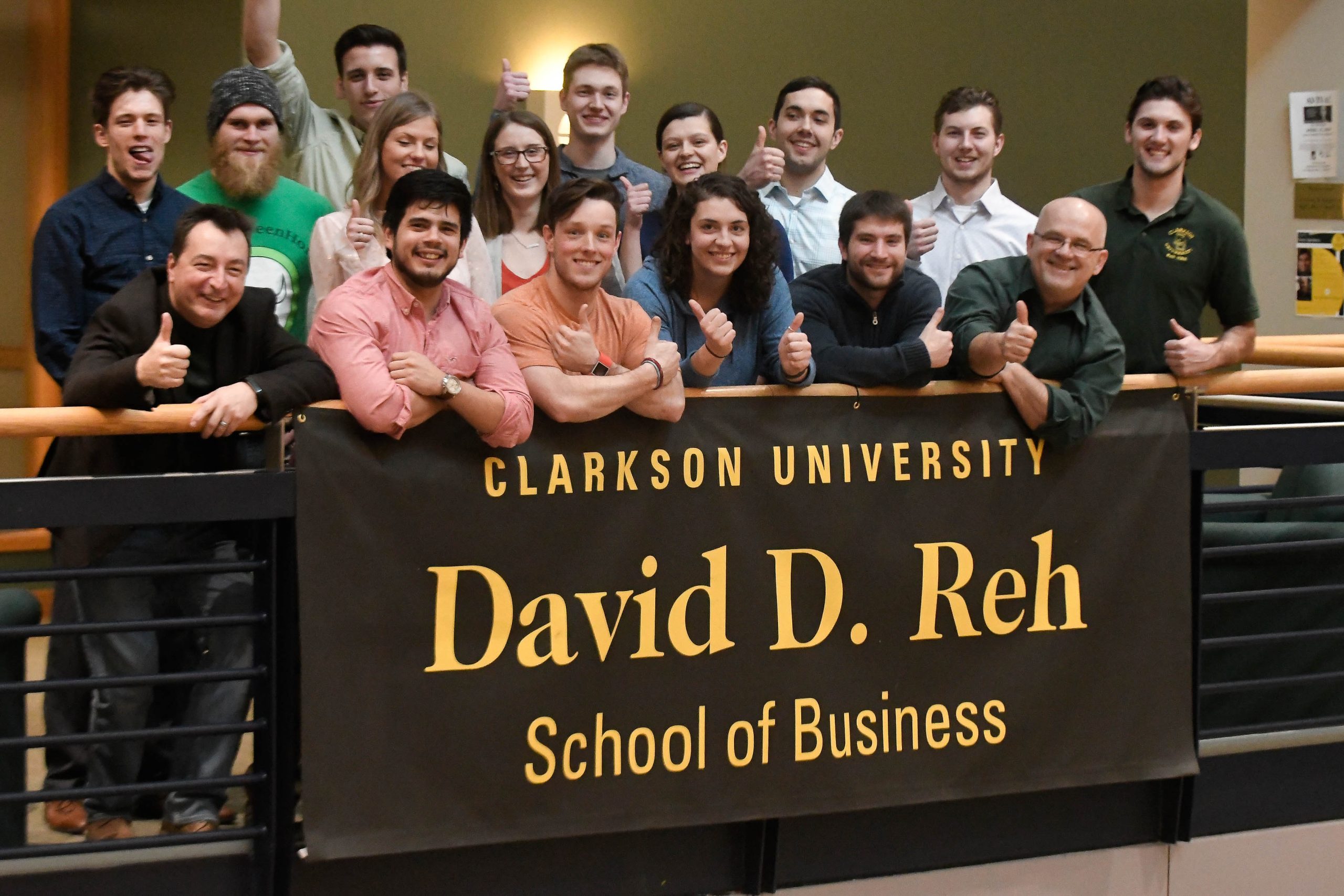Big data. Artificial Intelligence. Machine learning. Forecasting. Phrases related to data science continue to permeate nearly all sectors of industry and business, and the field of data science is still growing. Clarkson University offers a master’s degree in Applied Data Science to meet the increasing need of companies to hire skilled and highly trained data science professionals.

We sat down with Boris Jukic, director of Clarkson’s Applied Data Science master’s degree program, to get his perspective on where data science is headed, what students in a data science program can expect in the job market, and why Clarkson’s program is graduating highly successful data science professionals.
Q: Why should people consider pursuing a degree in data science now?
Boris Jukic: Data science is one of the most in-demand professions, and it cuts across all areas of human activity. So business, non profit, engineering, supply chain, education, especially healthcare, all kinds of companies, are looking for the people who can help them make sense out of their data and in a more innovative way.
Consider cutting edge data science methodologies, techniques and tools. All one has to do is go to CareerBuilder or Indeed or Monster or LinkedIn and just type “data science” or “data analytics” or “big data.” And you will see thousands and thousands and thousands of jobs and internships. What you will see first is the sheer quantity of jobs, but also the variety of jobs and variety of industries.
I’ve been in this, teaching data warehousing and big data, for more than 20 years. And the biggest difference between when I taught 20 years ago and now is that back then, we were talking about large organizations with deep pockets such as Walmart, the NSA (National Security Agency), Federal Reserve, you know, Bank of America and companies like that. But now small and medium enterprises, everybody, has their sights set on data.

Data is ubiquitous, either Internet of Things (IoT) or social media or digital devices. So everybody is realizing that, look, we should know more about our internal-external processes. We have the data. How do we now convert that into useful insights? And as I said, I really feel we’re just scratching the surface of what’s possible, not only as a cutting edge, but even how these existing techniques still have room to penetrate all these types of organizations.
So as I said, this is a very good time to consider data science as a profession if this is something that you feel you have the right temperament and curiosity to be involved in.
Q: Excellent. Next question. It’s sort of a follow-up. What have you seen that has changed in the field of data science in the last three to five years?
Boris Jukic: It’s the breadth of organizations and situations in which data science is starting to play a role. Healthcare absolutely comes to mind. The media comes to mind too, and sports analytics is a thing, etc. It’s starting to see movement into all kinds of areas. When people ask me, “What kind of industry or career could I get into as a data analyst?” I always tell them, “Only those that collect and use data,” which in this case, it’s everybody. So the biggest strength to me is the breadth.

Another trend is that there has been now some standardization of the tools and methodologies. And I like to say that our program has been proven correct because we have always emphasized certain open-source platforms that, indeed, became the gold standard for data science, such as Python. Those platforms are becoming more and more powerful, and they’re growing in their scope and ability.
And what I like about data science is that it is high-tech and edgy, but it’s not high-cost to companies. The cost is really intellectual ability and knowledge. It’s a knowledge industry because Python, as a tool, is free. Ours in our studio is free. What distinguishes this career is that you can become a serious professional in data science without a huge upstart investment by companies. A company’s main expense is the intellectual human capital.
Q: Can you tell us about the types of jobs alumni from the data science program are getting?
Boris Jukic: Sure. Of course, we have our corporate partners that hire our Clarkson graduates across all the fields, including data science. So, you know, GE, Goodyear Tire & Rubber Co., consulting companies, governments and government contractors, all of them have been hiring our students.
As I said, healthcare is huge and when I say healthcare, I don’t just mean hospitals. I’m talking about health insurance companies, government agencies, etc. So I would say that’s one of the big ones.
But then what I see is a lot of our students use data science as the first step branching into companies that we haven’t typically had recruiters from on a regular basis at Clarkson. I’m proud to say that I just contacted one of my recent students and he’s a data scientist at Instagram. You know, that’s kind of a gold standard. So, they are breaking into these rare areas of high tech.
The really interesting overarching trend I see is the breadth. If I randomly poll ten students, they can be in ten different industries – telecom, insurance, media, you name it. And I recently went through a little bit of LinkedIn to reach out to our alumni and I was always impressed by that, by the variety of industries. The job description sounds similar, the tools they use that sound similar, but the industries they operate in are very, very diverse.
Q: And finally, what makes the Clarkson program unique? What sets us apart from other programs?

Boris Jukic: Yes. Well, you know, I will not have false modesty here. I really think we are a gold standard on our total dedication to knowing and monitoring the trends of what the industry really wants and what the tools and the skills needed are for graduates. Our curriculum reflects that. So not only do we add new courses, but we adjust existing courses and add topics, technologies, and methodologies that are currently in demand. So like every tech field, it’s a moving target. You can never just, you know, rehash your old syllabus and expect to have it like that for 20 years.
This dedication to continuous monitoring, continuous improvement and hands-on learning are critical to our program’s success. Our courses are designed to give a lot of hands-on experience to our students. Students participate in capstone projects in applied consulting projects. So what I consider one of the main strengths is when they update their resumé at the end of their academic career, it doesn’t only show a degree, it shows the projects on which they participate with the real life clients.
It’s almost like our students get an extra year of experience as a data scientist/data analyst that they can put on their resumes. And when you look at the job interview process, in this field, it all comes down to “what do you know?” So sometimes it can be fairly technical. And I’m really proud when our students come back from a job interview and say, “You know what? This job interview was exactly what we covered in my coursework and hands-on experience. So I felt prepared.” So in that sense, I feel that in terms of preparing our graduates to be contributors at their companies from day one and not feeling overwhelmed is something that really is our calling card, so to speak.



